
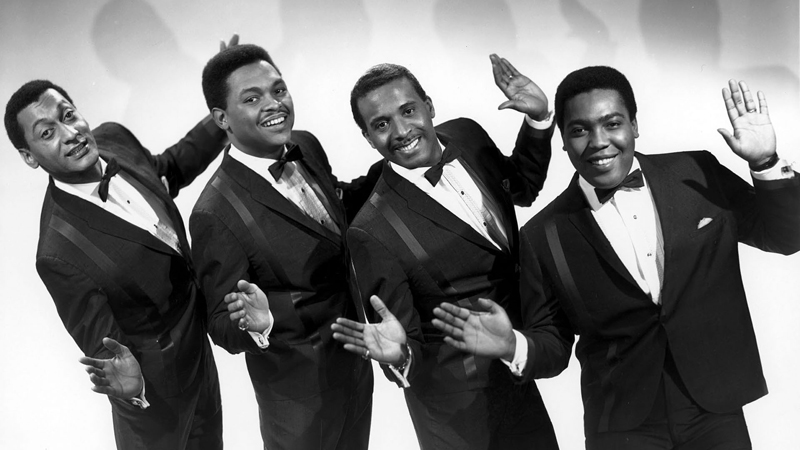
![]()


![]()
Motor City Radio Flashbacks attained its first million page hits mark on May 29, 2014. MCRFB.COM achieved the 7 million mark on THIS DATE.
![]()
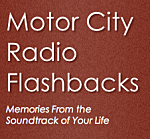 From the MCRFB NEWS archive: 1964
From the MCRFB NEWS archive: 1964
The Bill Gavin Newsletter July 25, 1964
From the Desk of Bill Gavin Billboard Contributing Editor
A S T A T I O N M A N A G E R recently said I don’t go along with this modern radio. My station programs for adults. “Let the formula stations entertain the kids.” I did my best to explain that “modern” radio means a lot more than that, but it didn’t do much good.
I asked another radio man what he thought about modern radio. “I’m all for it,” he said. “Our station is really modern, Top 40 survey, jingle package, time and temperature, news highlights every half hour, contests and prizes, keep the deejays from yakking — we’ve got all the modern gimmicks.”
 Interesting to note, neither of these gentlemen was speaking for a winning station. Manager No. I claimed that the audience measurement services were phony because he knew “lots of people” who listened to his station. Manager No. 2 is perpetually optimistic that the next rating will move him up out of the No. 4 spot to which his station currently clings.
Interesting to note, neither of these gentlemen was speaking for a winning station. Manager No. I claimed that the audience measurement services were phony because he knew “lots of people” who listened to his station. Manager No. 2 is perpetually optimistic that the next rating will move him up out of the No. 4 spot to which his station currently clings.
M O D E R N R A D I O is not teenage programming. Modern radio is not gimmicks, copied from some successful operation. There are so many different opinions about, and explanations of, modern radio that I offer the comments that follow with some difference, realizing that others may have a different and possibly a better description.
Modern radio starts with people. It grows out of a genuine respect for people’s interests, problems, tastes and feelings. Modern radio programming aims first at understanding what people want to hear, and then at giving them that plus something more. A continuing contact with living trends in all the many things it has to offer forms the basis of modern radio. Its program rule is objectivity. This is why sterile imitations of formulas and gimmicks show themselves so often to be vulnerable to aggressive competition. Modern radio, is briefly, audience centered.
Modern radio needs and uses a high degree of technical skill. The average listener seldom notices the expert efficiency with which records and tape cartridges are cued and started. Actually, if the technique is apparent to the listener, something is wrong with it. Skill and planning provide the continuous flow of sound and the feeling of movement that are characteristic of today’s most successful radio.
T O B E P R O F I T A B L E , radio must operate economically. In contrast to present day radio, the standards of the old network days seem incredibly wasteful, with their writers, producers and sound effects men, with announcers killing time while they waited to give the station call letters in between the network programs. The margin of profit is much smaller today, and the average effort required from each employee is proportionately greater.
Modern radio is more than entertainment. It is also companionship. It is a friendly voice in a hospital room, in a car, or in a lonely farm house. To be a companion, radio stations have emerged from the electronic anonymity of relay transmitters of entertainment, and have assumed personality and character of their own. Radio, like a good friend, is dependably there and dependably the same.
Pleasing an audience does not consist entirely of providing what people want. Very often, people don’t know what they like in the way of entertainment until they’ve tried it. Pleasing the audience consists largely in planning something that the audience will like. Surprise, novelty and variety are all part of modern radio. It takes creative imagination. often the combined work of many dedicated people, to keep radio continually alive and interesting. Some people call it showmanship.
Modern radio is the disk jockey. He is the voice of the station. He does much more than play records and talk about them. He may he casual or rapid fire; he may be witty or sincere; whatever he is, he is the key to a station’s acceptance
by the public.
M O D E R N R A D I O is a living part of its community. Whether it’s the support of the symphony or of a children’s hospital or of a high school record hop, radio is doing something with and about the community where it lives. The old promotion idea was, “Listen to us.” Today, radio listens to people. More and more stations are inviting listeners to phone, and the phone calls are being broadcast. Modern radio is successful in this joint participation project only as it demonstrates concern and awareness of its listeners as co-partners in the same community of interests.
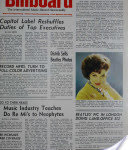
News has always been an integral part of radio. Even television’s tremendous immediacy in the coverage of such major events as political conventions and the World Series has not reduced the listener appeal of radio’s consistently broader scale reporting.
The early 1950’s saw the beginning of the trend away from four to five quarter hour newscasts per day to the present prevailing practice of shorter summaries every hour or half hour. The news director in today’s radio is also a public relations director, guiding his station’s participation in community affairs.
Above all, modern radio is music. Practically all conceivable musical tastes can find satisfaction on radio’s AM and FM dials. The music comes, of course, from records. Without the rich variety of music made available by the record business, modern radio as we know it could not survive. A station’s selection of recorded music for airplay largely determines the type and size of its audience. Whether in the field of country music, blues, jazz, rock, pop or concert. Modern radio accepts the principle that listener preference, as demonstrated by record sales and other measurable response, is the guide line to programming.
Modern radio is not the same as it was yesterday, nor will it be the same tomorrow. It is always responsive to new trends, open to new ideas. Within the structure of modern radio there have always been those leaders who are willing to pioneer new concepts and approaches. As long as courage and vision survive among broadcasters, there will always be modern radio. END
___
(Information and news source: Billboard; July 25, 1964)

![]()
Jim Hampton’s RADIO RECALL “DJ’s, Cars and Cruisin’ ” aired on WOMC 104.3, Saturday (5-8 AM) August 16, 2014.
Special THANKS to Jim Hampton for donating this WOMC WDC 2014 aircheck gift to Motor City Radio Flashbacks!

![]()
 A ’60s Detroit Music Moment Recalled: 1966
A ’60s Detroit Music Moment Recalled: 1966

___
DETROIT — Sunday, August 14, 1966 — They screamed, and they cried. Their devotions to the Beatles, it seems, is undying, and all is forgiven in Detroit.
Close to 32,000 screaming, flashbulb-popping, banner waving, Beatle-loving teenagers and a few parents showed the mop-haired foursome Saturday . . . (MORE see article below) . . . .
— THE DETROIT FREE PRESS
A MCRFB Viewing Tip:
To read the entire Detroit Free Press article (August 14, 1966) click on the article images above (2x) for largest PC view. Click on image again to normal size. Hit your server’s back-button to return to the Motor City Radio Flashbacks home page.
On your mobile device? Tap on image. Open to second window. “Stretch” image across your device screen to magnify for largest print view.


![]()
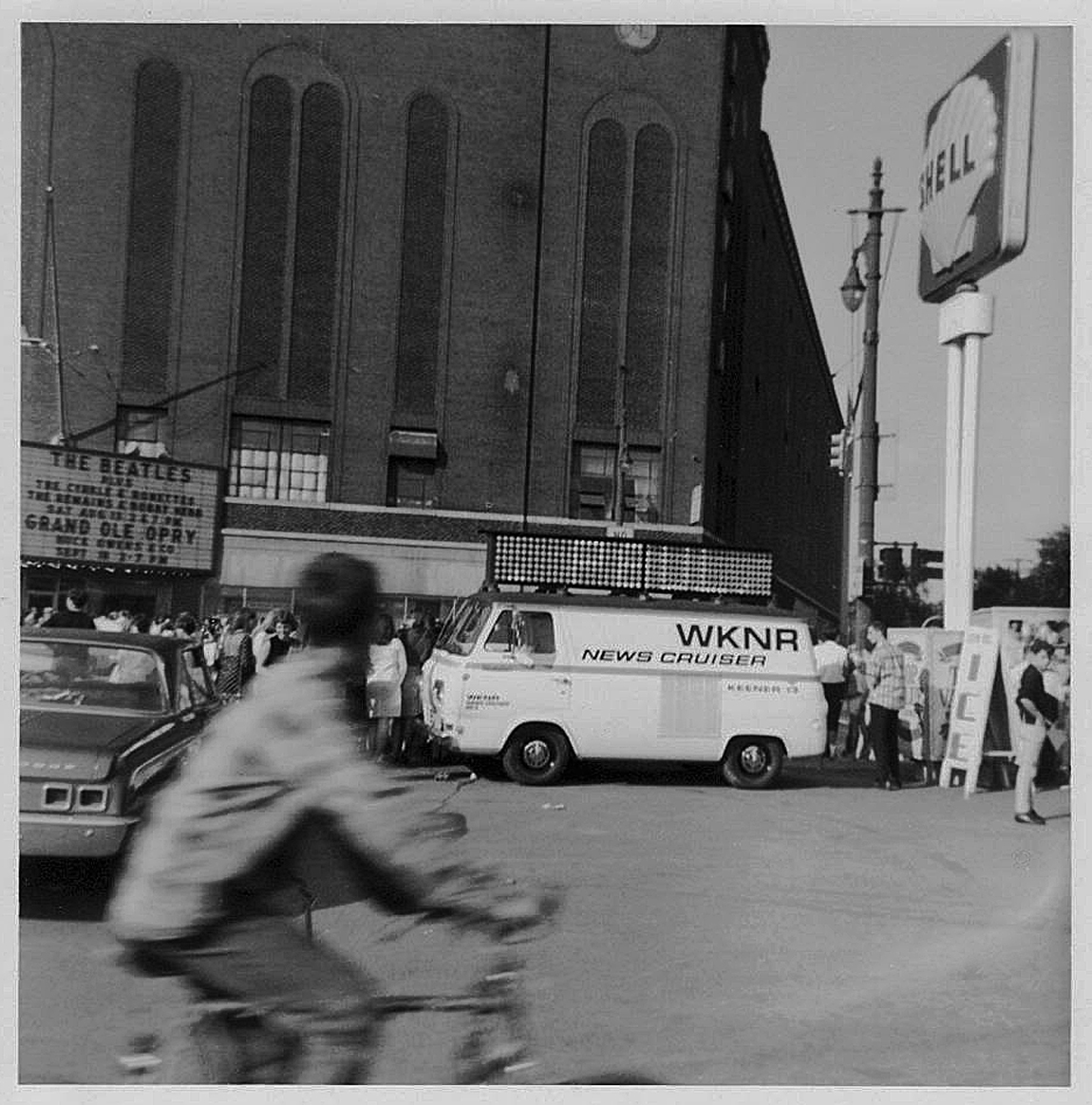
A U G U S T 1 3 , 1 9 6 6 : T O D A Y I N M U S I C H I S T O R Y
_______________

T H E B E A T L E S performed two sold-out concerts before 28,000-screaming Detroit fans at the Olympia Stadium on this day. With 11 standards slated for their second North American tour, they included several of their latter post-1964 hits for the Detroit ’66 performances, Nowhere Man, Day Tripper, If I Needed Someone and Paperback Writer.
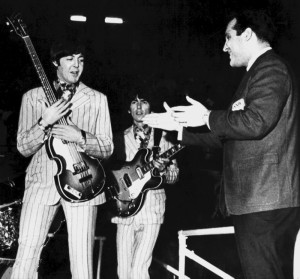
Other acts on the Olympia marquee who performed with the Beatles were The Cyrkle, The Ronettes, The Remains and Bobby Hebb. Immediately after the concert the band took a chartered Greyhound bus to their next scheduled stop in Cleveland.
WKNR deejays emceed both shows. Bob Green took the stage at 7:00 p.m., welcoming the Beatles to the Olympia before the Detroit home crowd. Earlier in the afternoon Scott Regen introduced the Beatles on stage for the 2:00 p.m. performance.
As previously, September 1964, both Beatles’ Olympia Stadium appearances was presented by WKNR. (link: keener13.com)
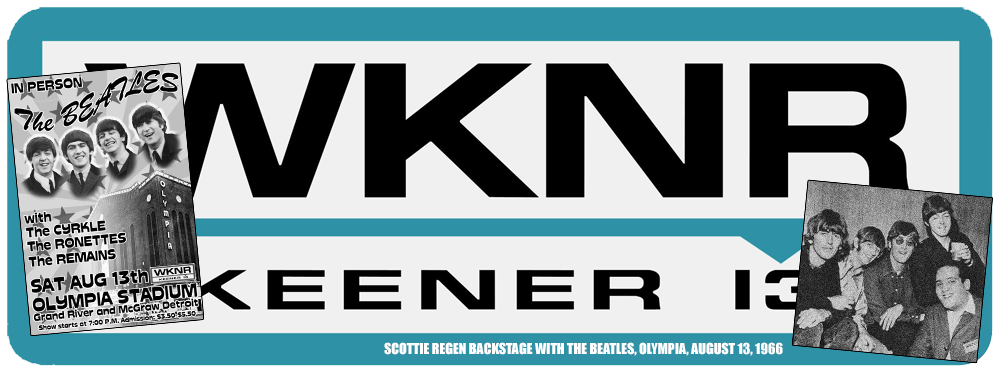
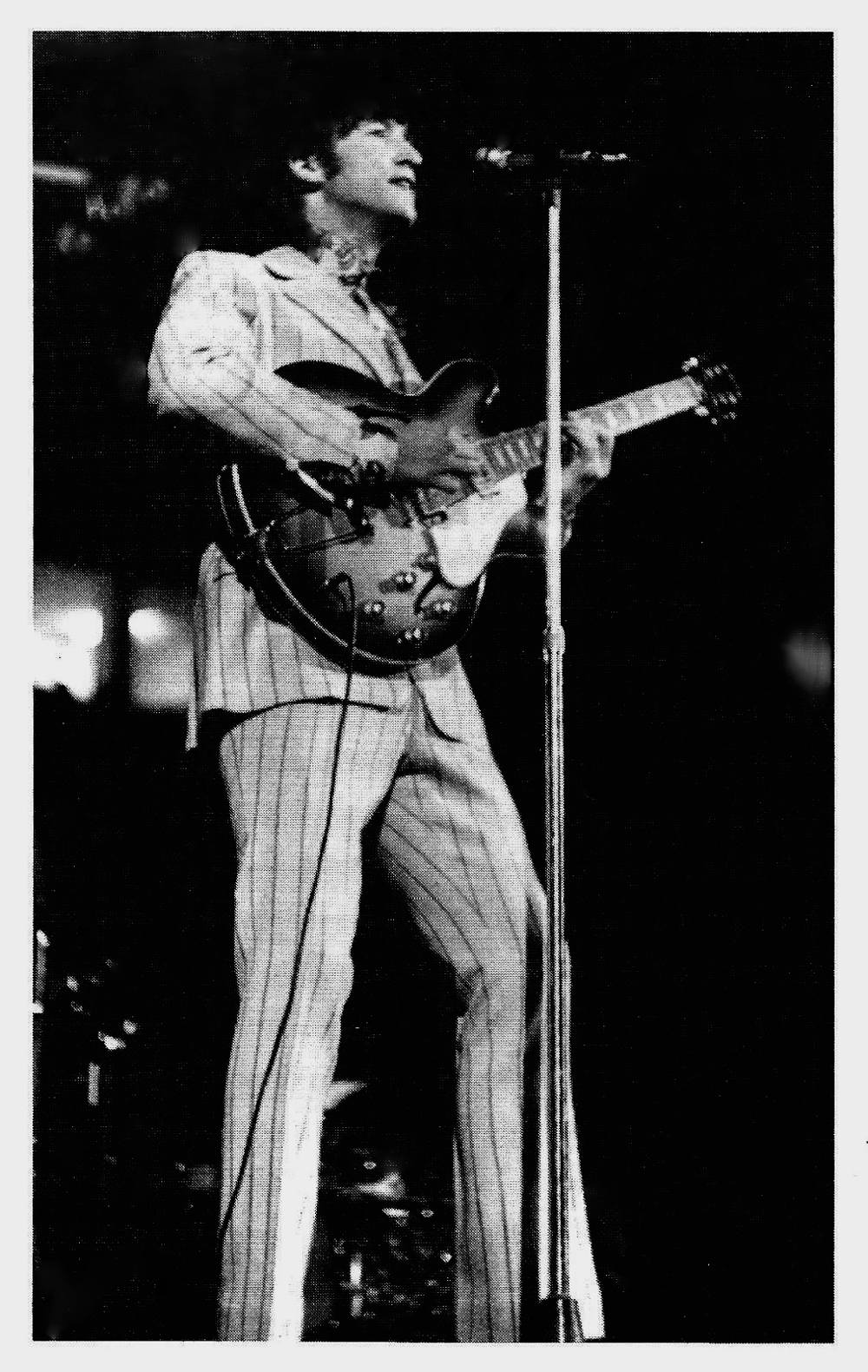
__________________
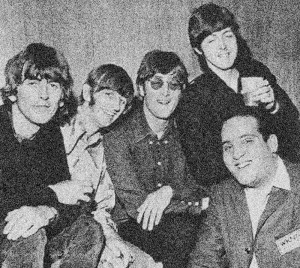
SCOTT REGEN emceed the Beatles first performance for WKNR at the Olympia on August 13, 1966. Scott followed the Beatles across cities in the U. S. during their second North American concert tour that year.
Scott Regen later would recall in a recorded interview with Tim Nixon (WHND; 1983) of his experiences with the Beatles in the 1960s, at the age of 23.
“Quite astonishing, I was astonished at all this… it was almost like this was happening, it’s almost as though I were doing all of these things. And all these things were happening to me and I knew they were happening to me and I knew I was involved, and I knew I was interviewing the Beatles and I went on the Beatles’ tour, half the Beatles tour in ’66, and I saw them in L.A., Chicago and Cleveland. Although I knew all these things were happening to me, I was WATCHING all these things happening to me.” — SCOTTIE REGEN, WKNR
_______________
THE BEATLES INFLUENCE IN MUSIC, SOCIETY, and the group’s IMPACT ON EASTERN SPIRITUALITY in WESTERN CULTURE
by Robert Bernstein (Scott Regen)
_______________
A MCRFB Note — Motor City Radio Flashbacks recently spoke with Scott Regen (August 19 and 29), WKNR No. 1 night time DJ, Detroit, in the 1960s, in commemoration of the Beatles’ fiftieth anniversary of their Detroit performance at the Olympia Stadium, August 13, 1966.
His comments below was recorded(with his permission), thereafter transcribed verbatim from his own words —
_______________
“The Beatles were the end of one type of world and the beginning of another. Because they, there were two worlds I guess you can say, they changed, one was the world of music of course. And they did that with all the innovative things they were able to do with monaural recording and two-track and four-track recording, before stereo even came into existence. And I believe on the the Sergeant Pepper album they didn’t do the stereo mix. I think George Martin did that. So they changed music. The sound of it, the recording of it. And of course, Lennon at one point said he wasn’t sure anybody would remember them after they broke up. So it gives you some idea they didn’t understand themselves what was going to be the result of their musical efforts.
“So one thing they did was change music. They created different music that had ever been created. They left the path behind. The war years, the big band era, they left all that behind. They were influenced by people like Chuck Berry and Little Richard and all that, but they moved on past all that. So that was their musical heritage.
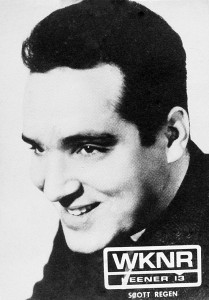 “The other area they influenced was in the spiritual area. Because primarily through George Harrison’s efforts and thinking, and Lennon, but Harrison I think was the driving force, they brought Eastern spiritual thinking to the West with their music. You know they had interaction with the Maharishi Yogi, and transcendental meditation. And several years ago McCartney made an appearance at Radio City Music Hall in New York. It was a big event for transcendental meditation, this was within the last, probably ten years.
“The other area they influenced was in the spiritual area. Because primarily through George Harrison’s efforts and thinking, and Lennon, but Harrison I think was the driving force, they brought Eastern spiritual thinking to the West with their music. You know they had interaction with the Maharishi Yogi, and transcendental meditation. And several years ago McCartney made an appearance at Radio City Music Hall in New York. It was a big event for transcendental meditation, this was within the last, probably ten years.
“So those were the two major things that they did to alter a., music ,and b., the way people looked at life. And all the emphasis now that people put on yoga, and meditation, and all the Eastern spiritual things, nothing like that existed before the Beatles, it virtually didn’t exist in Western society at all. While it was there, in seed form, from their experiences, they brought more open awareness at the time to where Eastern spirituality is presently accepted universally today in our present Western culture.
“The complete meaning of their impact will not be known for some time, perhaps thousands, or perhaps, millions of years, as I will point out.
“While the Beatles clearly did change the sound of music, although they didn’t start out to do that, it was, as they say, born on the stream of time. One could go on and on about the changes the Beatles brought to music and how much we all enjoyed their music, and there are lots of books about it as well. However the best two I have ever read are, 1- “Here There and Everywhere,” by Geoff Emmerick, the Beatles recording engineer. And 2- “Many Years From Now,” by Paul McCartney, with Barry Miles.
“Moreover, the other area of impact, “massive spiritual, psychological impact,” was in bringing Eastern spiritual thinking to the Western world. It began with the Maharishi and continued on with the lyrics to to many songs, to mention, including those of George Harrison after the Beatles breakup. The song “Across The Universe” on the last Beatles LP says it all, along with a Hindu Mantra. Instant Karma is another that comes to mind. Could we imagine a song about karma in the top 10 before the Beatles?
“This spiritual area that they brought to mass awareness, I believe will be their area of longest lasting impact, and the most remembered for years to come, thousands, perhaps millions of years, until that day at last, when each human being is a Realized Being. The end of karma forever!”
—S.R. August 2016
— ACKNOWLEDGEMENT —
A special THANK YOU to Scottie Regen for sharing his recollections, his views on the Beatles and of their significant impact on music and society, both past and present.
Scott Regen is a certified meditation teacher from the Integral Yoga Institute in New York, 2002. Scott Regen in retirement, today teaches meditation and yoga lessons in Florida where he currently resides. MCRFB.COM
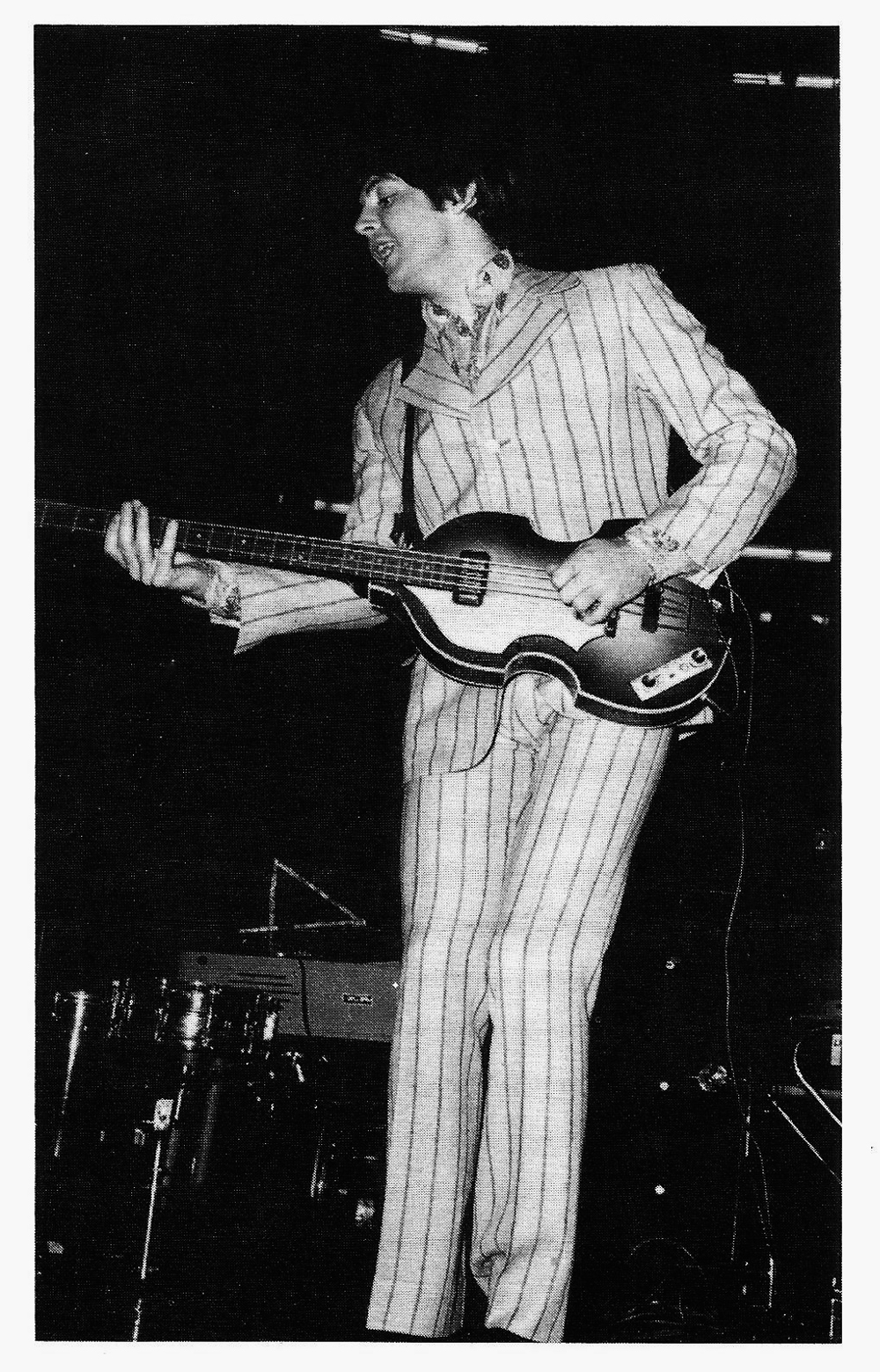
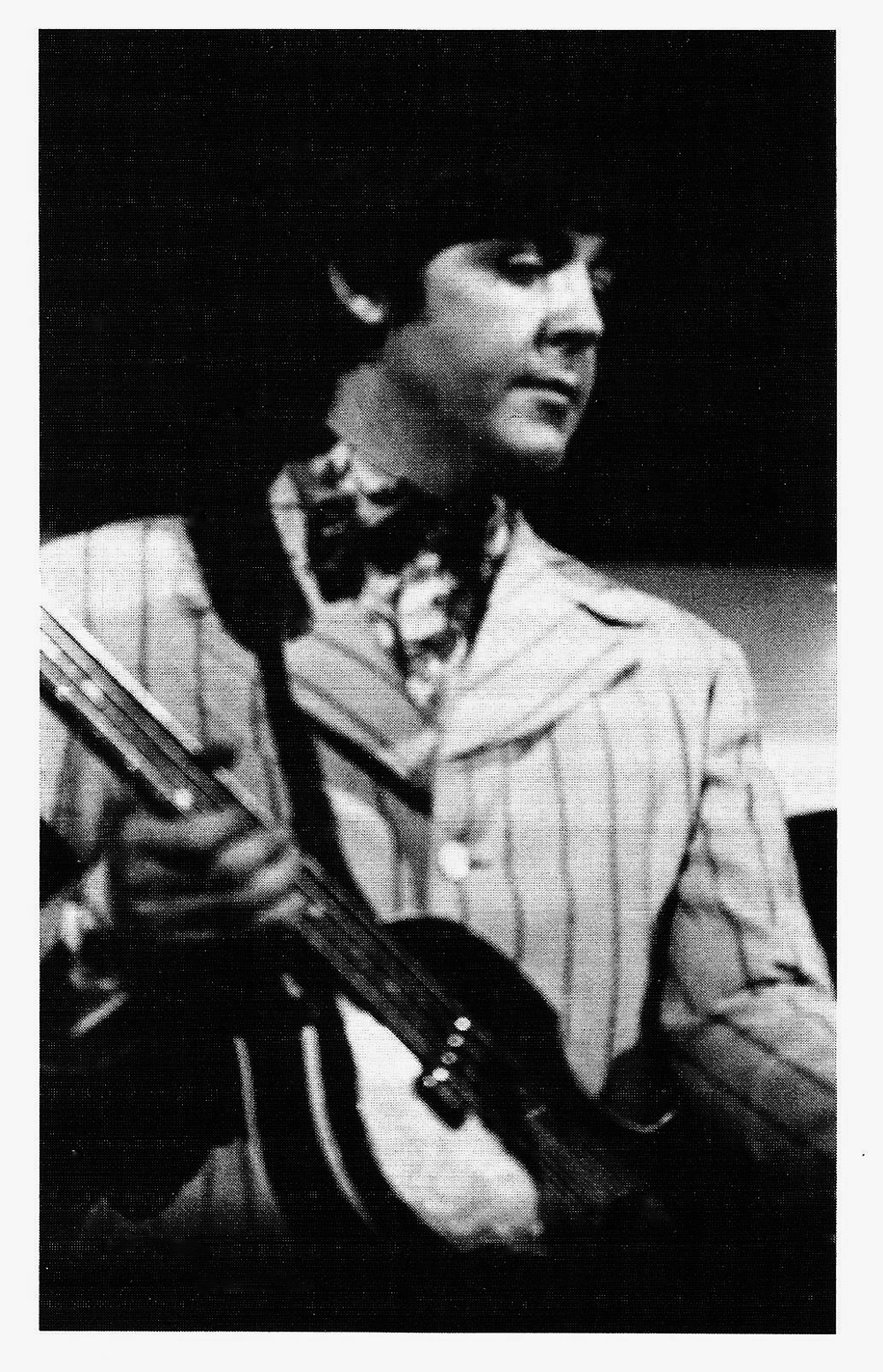
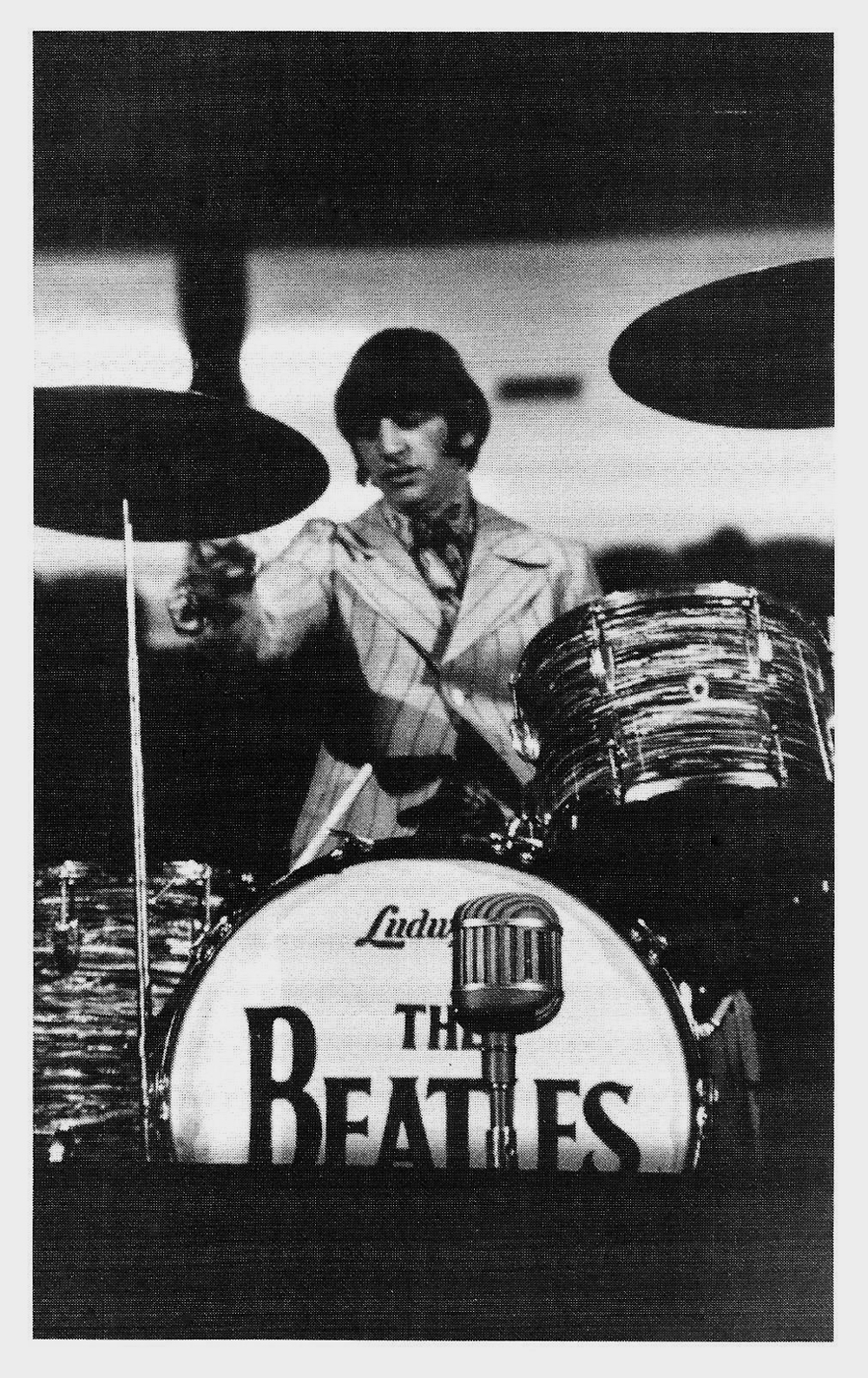

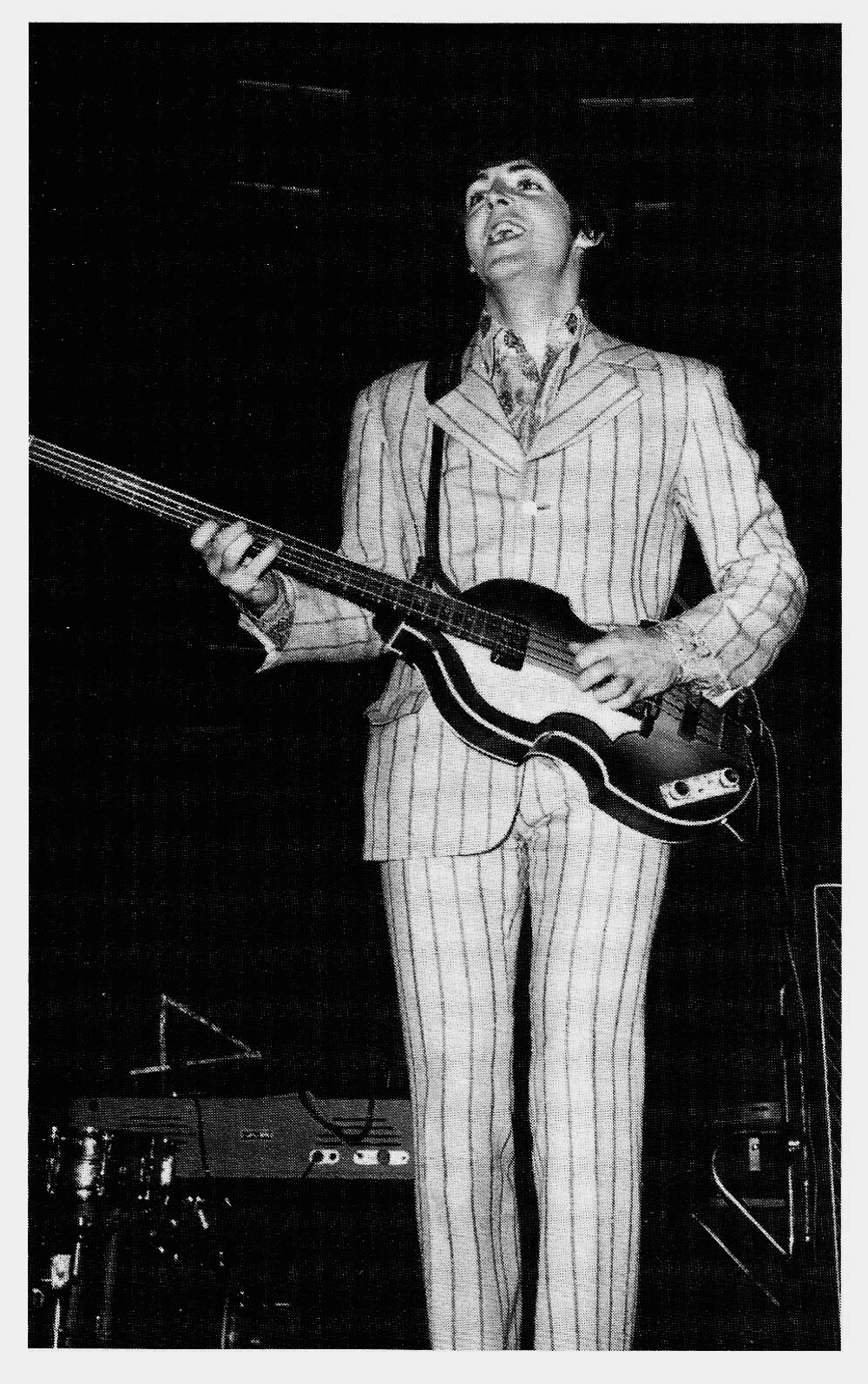
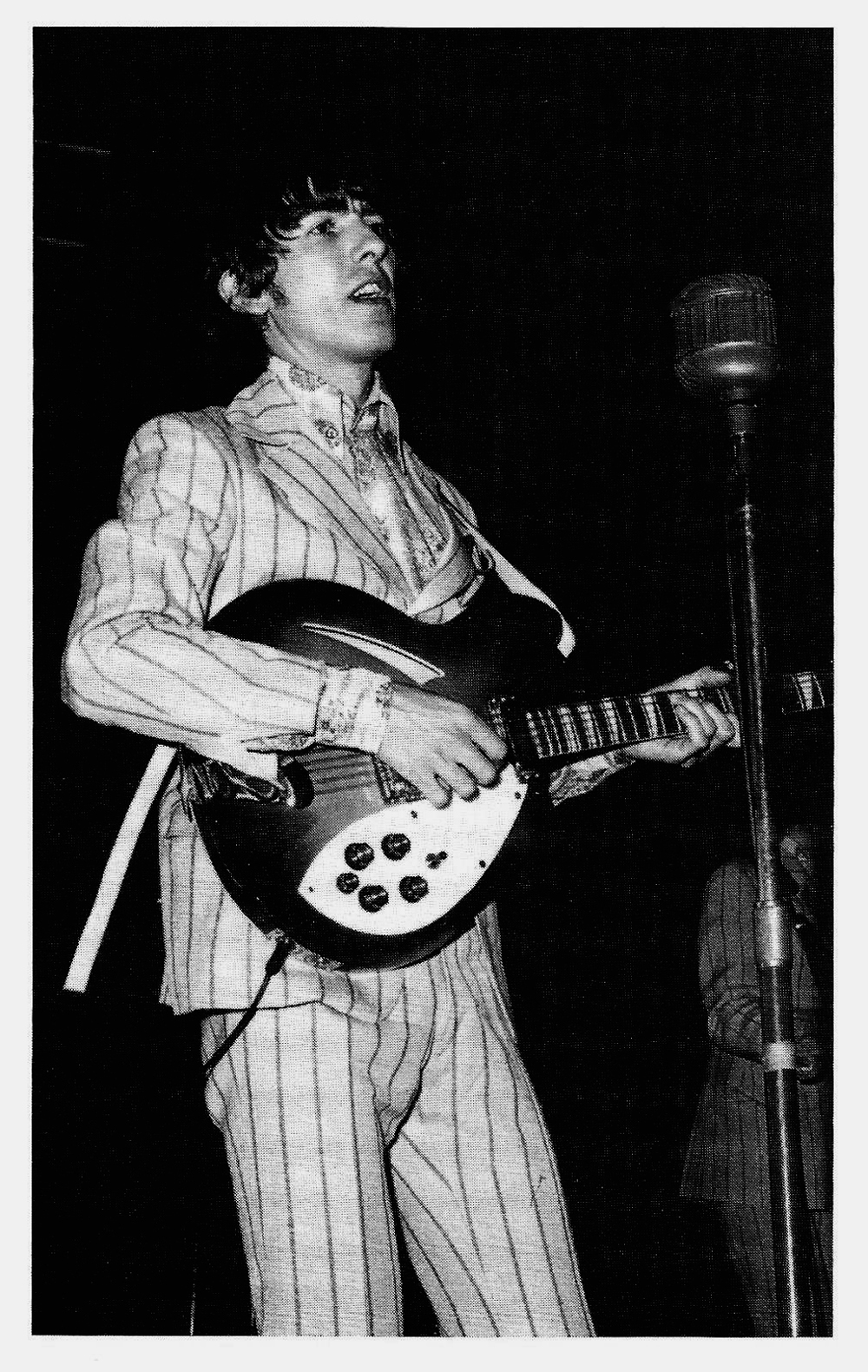
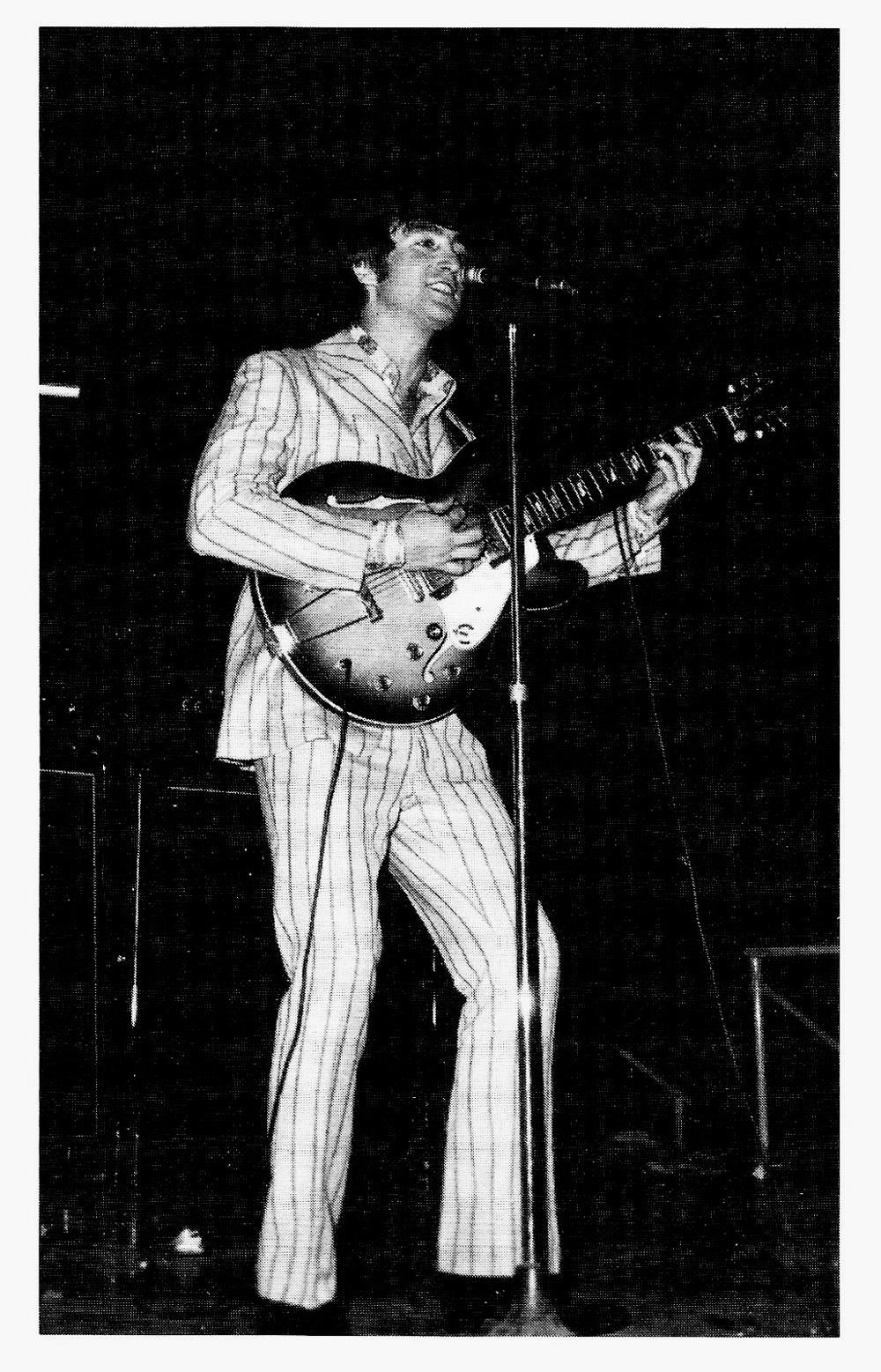
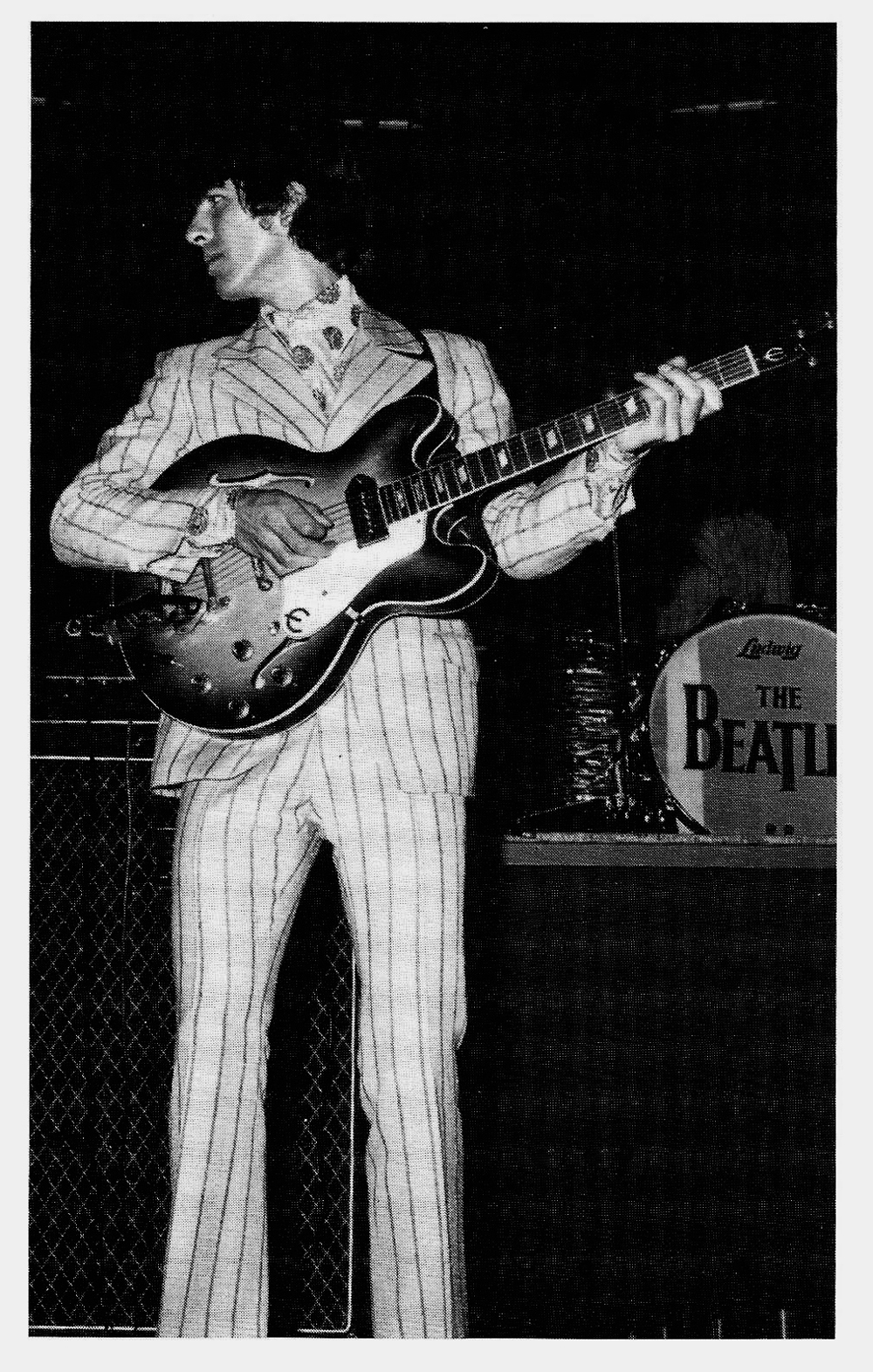

A MCRFB NOTE
A special THANK YOU goes out to RON DOMILICI for providing Motor City Radio Flashbacks a scanned copy of the Olympia Stadium ticket above.
All enlarged Beatles images featured above were purchased (as a set of cards) by the author, as was offered on eBay, 2012.

![]()